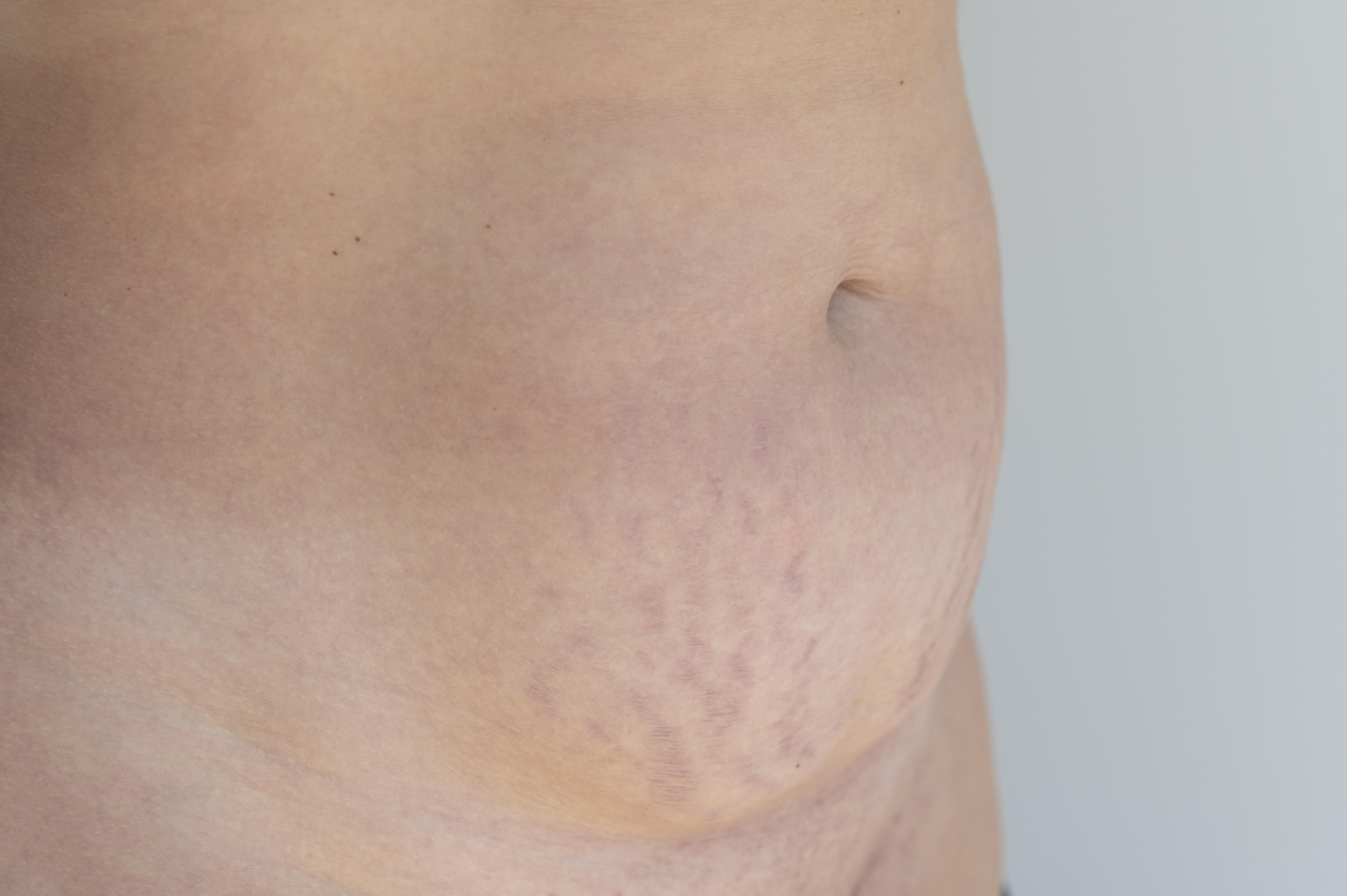Scars are a natural part of the healing process, but they can sometimes be a source of concern for many individuals. Whether caused by surgery, injury, acne, or burns, scars can impact self-confidence. Fortunately, there are various treatments available to help reduce their appearance. In this guide, we’ll explore the most effective scar treatment methods and tips for improving skin health.
Understanding Scars
Scars form when the skin heals after an injury. The extent and visibility of a scar depend on several factors, including the type of injury, skin type, genetics, and how well the wound was cared for during healing. There are different types of scars, including:
- Hypertrophic scars – Raised and red scars that stay within the boundaries of the original wound.
- Keloid scars – Thick, raised scars that extend beyond the wound’s original area and may continue to grow.
- Atrophic scars – Depressed or sunken scars, often resulting from acne or chickenpox.
- Contracture scars – Tight, thick scars usually caused by burns, which can limit movement.
Scar Treatment Options
There are multiple approaches to treating scars, ranging from natural remedies to medical treatments.
1. Topical Treatments
- Silicone Gel Sheets & Creams: Help flatten and fade scars by keeping the area hydrated and reducing collagen buildup.
- Vitamin E & Aloe Vera: Known for their skin-nourishing properties, they may help soften scars over time.
- Hydroquinone or Retinoid Creams: Useful for reducing discoloration and improving skin texture.
2. Medical Procedures
- Laser Therapy: Helps break down scar tissue and stimulate collagen production for smoother skin.
- Microdermabrasion & Chemical Peels: Exfoliate the top layers of skin, reducing the appearance of minor scars.
- Corticosteroid Injections: Often used for raised scars, these injections help flatten and reduce redness.
- Surgical Revision: In severe cases, a plastic surgeon may remove or modify a scar to make it less noticeable.
3. Home Remedies & Lifestyle Changes
- Proper Wound Care: Keeping wounds clean and covered can minimize scarring from the start.
- Massage Therapy: Regularly massaging a healing scar with oils or moisturizers can improve blood flow and break down excess collagen.
- Sun Protection: UV rays can darken scars, so applying sunscreen (SPF 30+) can prevent them from becoming more noticeable.
- Healthy Diet: Eating a diet rich in vitamins A, C, and E can support skin regeneration and healing.
When to See a Doctor
If your scar is painful, itchy, or limiting movement, consult a dermatologist or specialist. They can recommend advanced treatments tailored to your specific needs.
Final Thoughts
While no treatment can completely erase a scar, the right approach can significantly reduce its appearance. Whether through professional procedures or home care, consistency is key. If you’re unsure which method is best for you, seeking advice from a skincare expert can help you make an informed decision.
By following these tips, you can work towards healthier, smoother skin and regain confidence in your appearance!


